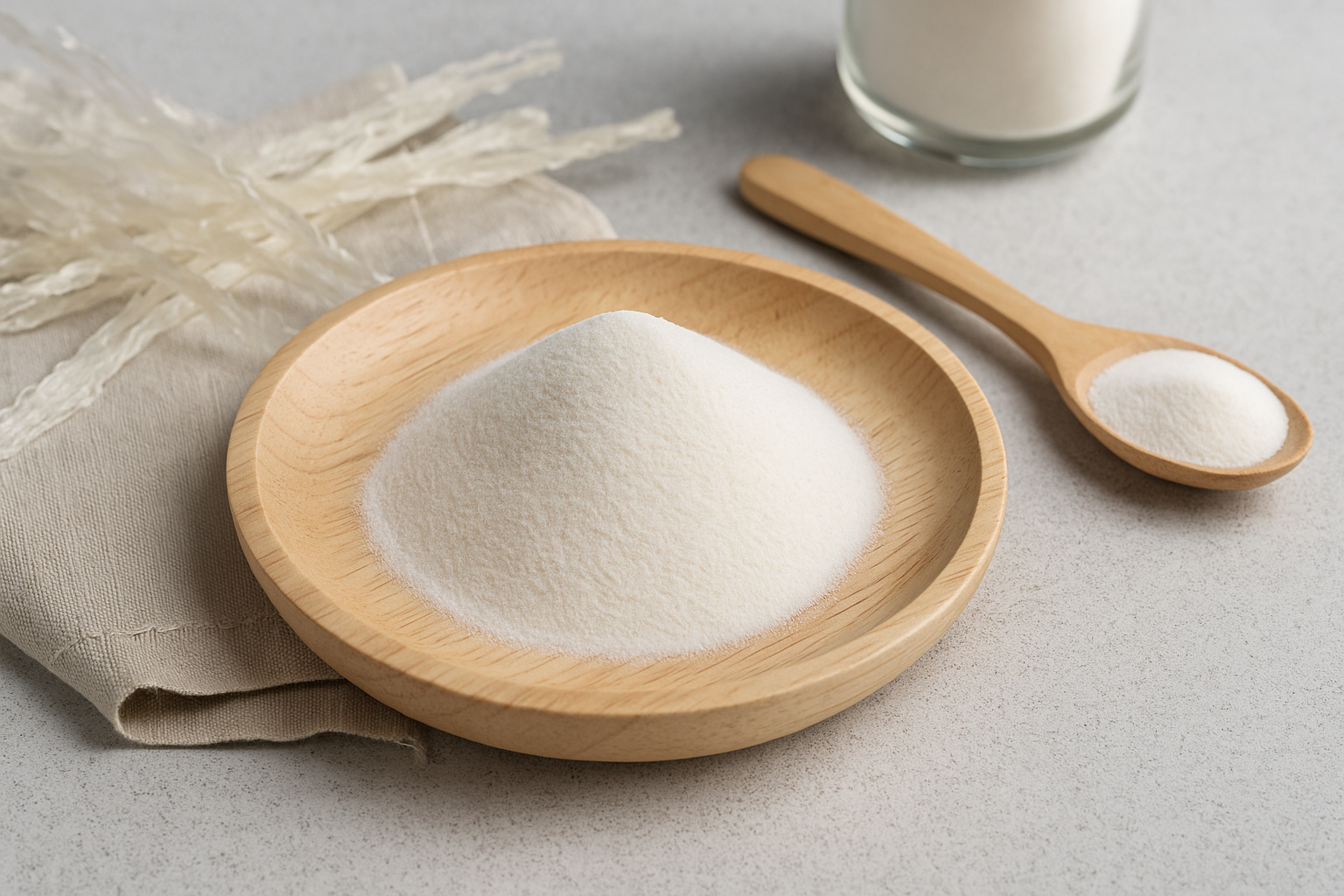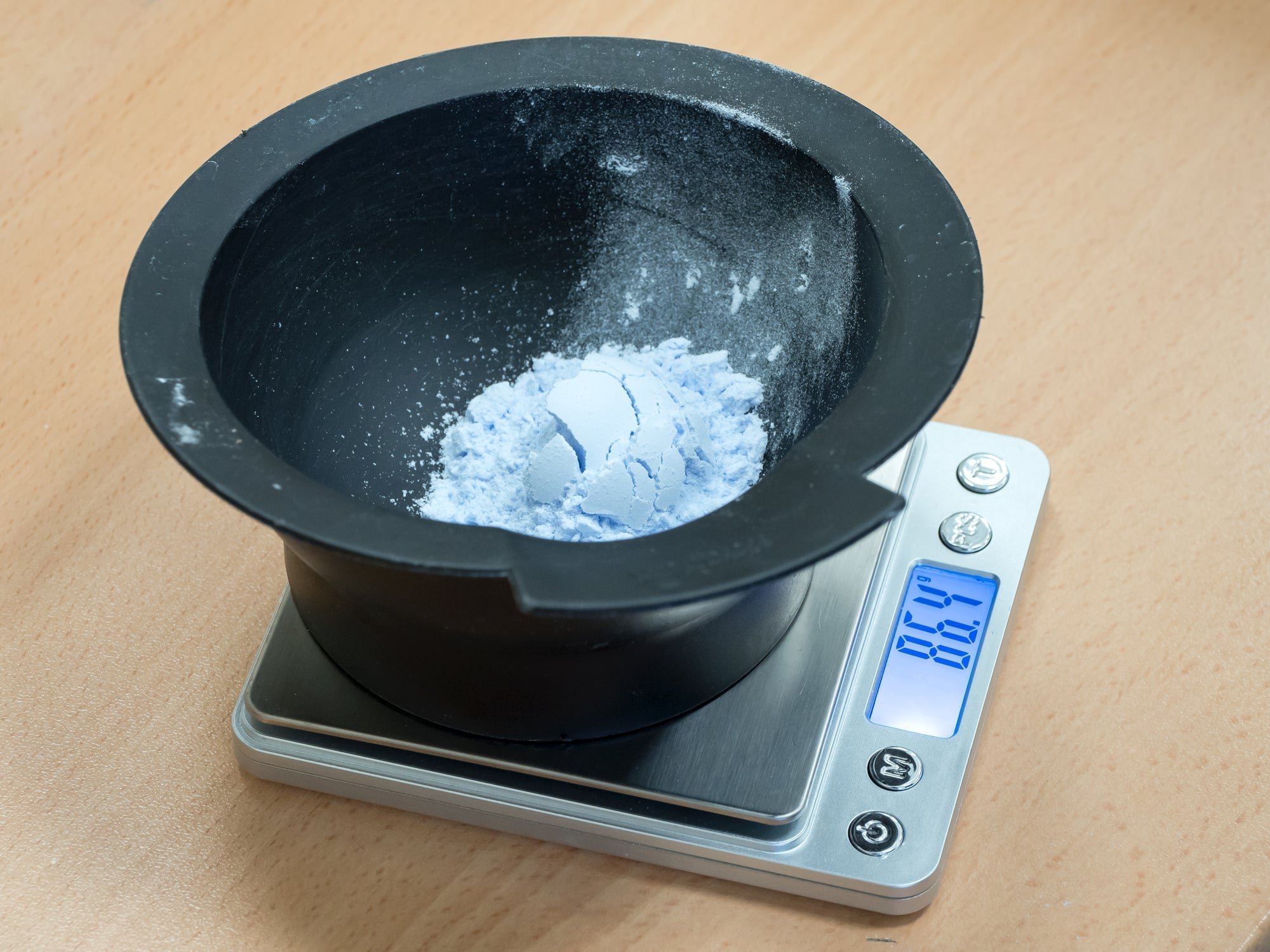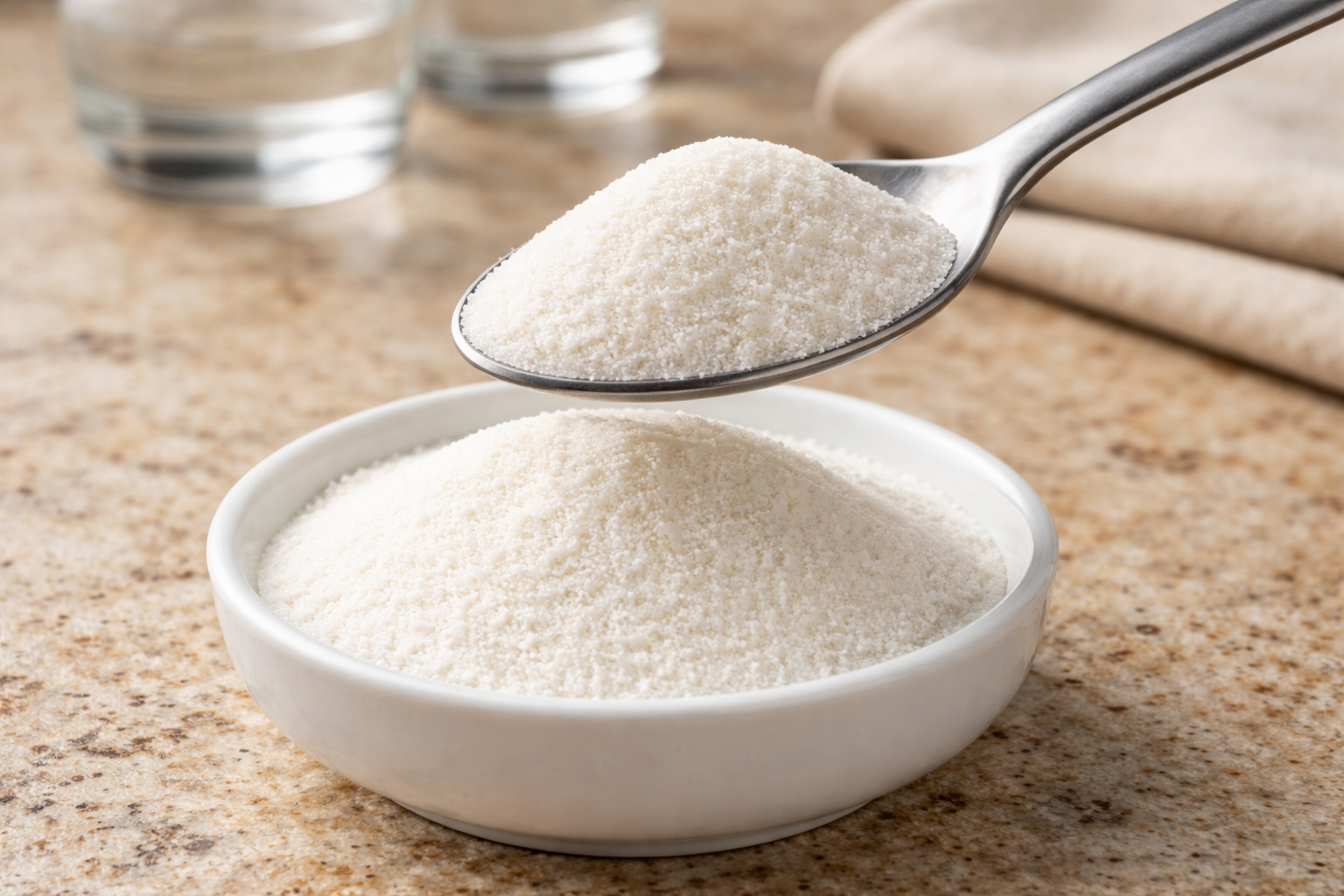
Potassium Bicarbonate: A Key Ingredient in Low-Sodium Diets
SUBSCRIBE TO OUR BLOG
Promotions, new products, and recipes.
In the quest for healthier eating habits, many individuals are turning to low-sodium diets to improve their cardiovascular health and overall well-being. Enter potassium bicarbonate, a remarkable compound that's gaining attention for its potential to revolutionize heart-healthy cooking and dietary practices. This blog explores the benefits of this compound, its role in low-sodium diets, and how it can be incorporated into your daily life for optimal health.

Understanding Potassium Bicarbonate
Potassium bicarbonate is a naturally occurring compound that consists of potassium and bicarbonate ions. It is commonly used as a food additive, antacid, and in various industrial applications. However, its potential as a dietary supplement and sodium alternative is where it truly shines.
The Chemistry behind Potassium Bicarbonate
At its core, it (KHCO3) is an alkaline substance that can help neutralize acids in the body. This property makes it valuable not only in food preservation but also in maintaining the body's pH balance.
The Health Benefits of Potassium
Potassium is a vital mineral that significantly impacts various bodily functions. Here are some of its key benefits:
Blood Pressure Regulation
One of the primary advantages of increasing potassium intake is its ability to help regulate blood pressure. Potassium works in tandem with sodium to maintain fluid balance in the body, potentially reducing hypertension risk.
Bone Health Support
Adequate potassium intake has been linked to improved bone density, particularly in older adults. This mineral helps neutralize acid load in the body, which can contribute to bone loss prevention.
Muscle Function
Potassium is essential for optimal muscle function and contraction. It helps prevent muscle cramps and enhances overall athletic performance.
Low-Sodium Diets: A Path to Better Health
Reducing sodium intake has become a priority for many health-conscious individuals. Here's why low-sodium diets are gaining popularity:
Cardiovascular Benefits
High sodium intake has been associated with elevated blood pressure and an increased risk of heart disease. By adopting a low-sodium diet, individuals can potentially reduce these risks and improve their cardiovascular health.
Kidney Health
Lower sodium intake can also benefit kidney function by reducing the workload on these vital organs. This is particularly important for those with existing kidney issues or at risk of developing them.
Cooking with Potassium Bicarbonate: Tips and Tricks
Incorporating potassium bicarbonate into your cooking repertoire can be an excellent way to reduce sodium intake while maintaining flavor. Here are some tips:
Baking Applications
In baking, it can serve as a leavening agent, like baking soda. It can help create light, fluffy textures in baked goods without adding sodium.
Seasoning Alternatives
When used as a seasoning, it can enhance flavors without the need for added salt. It's particularly effective in dishes that traditionally rely on salt for taste, such as soups and stews.
Balancing Flavors
Remember that potassium bicarbonate has a slightly different taste profile than sodium. Experiment with herbs and spices to create well-balanced, flavorful dishes.

Potassium Bicarbonate: Beyond the Kitchen
While its culinary applications are noteworthy, potassium bicarbonate's benefits extend beyond cooking:
Agricultural Uses
In agriculture, it is used as an eco-friendly fungicide and for soil pH adjustment, highlighting its versatility.
Industrial Applications
The compound finds use in fire extinguishers, water treatment, and even in some cosmetic products, showcasing its wide-ranging utility.
Conclusion
Potassium bicarbonate stands as a versatile and health-promoting compound that deserves a place in heart-healthy kitchens and lifestyles. By incorporating this ingredient into low-sodium diets and everyday cooking, individuals can take a significant step towards better cardiovascular health and overall well-being. Cape Crystal Brands offers high-quality potassium bicarbonate, making it easier than ever to embrace this beneficial ingredient. Visit https://www.capecrystalbrands.com/products/potassium-bicarbonate to explore how you can elevate your health and culinary experiences with potassium bicarbonate. Remember, small changes in your diet can lead to significant improvements in your health – why not start with potassium bicarbonate today?
Frequently Asked Questions
Is potassium bicarbonate safe for daily consumption?
Yes, potassium bicarbonate is generally safe for most people when used in recommended amounts. However, individuals with kidney problems or on certain medications should consult their healthcare provider before adding it to their diet.
How does potassium bicarbonate compare to table salt in terms of taste?
Potassium bicarbonate has a milder, slightly different taste compared to table salt. It may take some time to adjust to the flavor, but many find it a satisfactory alternative in low-sodium cooking.
Can potassium bicarbonate completely replace salt in my diet?
While potassium bicarbonate can significantly reduce the need for salt, it's not recommended to eliminate sodium entirely from your diet. Sodium remains crucial for certain bodily functions, even in small quantities.
Are there any side effects of consuming potassium bicarbonate?
When used as directed, potassium bicarbonate typically doesn't cause side effects. However, excessive consumption may lead to digestive discomfort or affect potassium levels in the body.
How much potassium bicarbonate should I use in cooking?
The amount varies depending on the recipe and personal taste preferences. Start with small amounts and adjust to taste, keeping in mind that it's less potent than salt.
Can potassium bicarbonate help with acid reflux?
Due to its alkaline properties, potassium bicarbonate may help neutralize stomach acid and alleviate symptoms of acid reflux. However, consult a healthcare professional for persistent digestive issues.

|
About the Author Ed is the founder of Cape Crystal Brands, editor of the Beginner’s Guide to Hydrocolloids, and a passionate advocate for making food science accessible to all. Discover premium ingredients, expert resources, and free formulation tools at capecrystalbrands.com/tools. — Ed |
Enjoyed this post? Subscribe to The Crystal Scoop
Food-science tips, ingredient know-how, and recipes. No spam—unsubscribe anytime.
- Choosing a selection results in a full page refresh.



